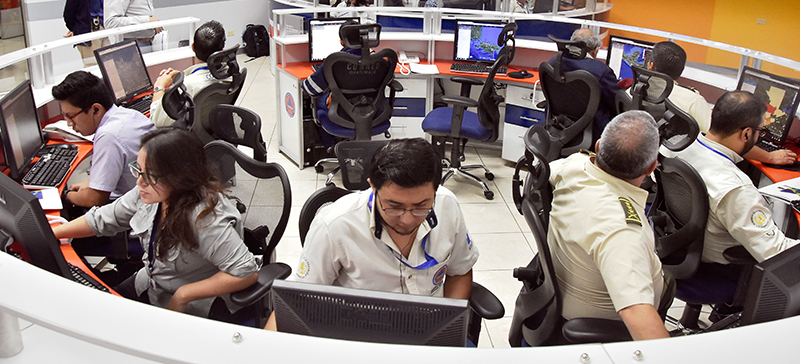
Network Cultures is an interdisciplinary field that examines data-driven knowledge environments and the cultural and political processes they produce. This interdisciplinary area of research focuses on information systems, rather than individual texts, and how they interface with other such environments.
Supported by the analytical tools offered by critical infrastructure studies, including digital humanities and data visualization, Network Cultures has a broad remit that includes enquiries into ways in which operating systems are entwined with issues of race; explorations of humanities subjects in terms of systems analysis; and examinations of media architectures in fiction. Through such research, the cultural object is understood to derive its meaning from the discourse network that constitutes its infrastructure.
This position emerges from the Department of English Language and Literatures – a global leader in critical infrastructure studies through initiatives such as Oecologies, Science and Technology Studies, and interactions with international research projects such as Cultural Sustaining/Kulturelles Nachhalten. Building on its recent hires in media theory and in Asian diasporic studies, on the Critical Racial and Anti-Colonial (CRACS) research network of Gender Research and Social Justice, on its Canada Research Chair in Indigenous Studies, as well as through its broadly-based expertise in areas such as disability studies, posthumanism, environmental humanities, and post-conflict studies, the Department is optimally positioned to intervene in current Network Cultures research. These include – but are not limited to – biopolitical subjectivity, digital modernity, network ethnographies, technological mobilities, urban mediations and imperial networks.
Confirmed Appointment
Dr. Kavita Philip has commenced her appointment as the President’s Excellence Chair in Network Cultures and as Professor of English with the UBC Department of English Language and Literatures.
Dr. Philip received her Ph.D. in Science and Technology Studies from Cornell University in 1996. Her research and teaching in Global South histories and sociologies of science, computational technologies, environment, network cultures, media, and politics crosses geographic boundaries and ranges across scholarly disciplines. For 25 years, Dr. Philip has been engaged not only in the intellectual task of forging methods to connect techno-scientific, social scientific, and humanistic inquiry, but also in the institutional task of building these collaborative spaces. She seeks to develop public humanities research that acknowledges the intertwined material and social contexts of cultural production. These networked commitments make her the ideal candidate for this chair.
Dr. Philip most recently taught in the History department at the University of California, Irvine. In addition, she has taught in Literature programs as well as Media and Communication Studies, beginning her career at Georgia Tech’s School of Literature, Communication, and Culture (formerly an English Department). There, she participated in the creation of a Bachelor of Science degree in Science, Technology and Culture. Dr. Philip expanded and bridged legacy English department curricula from the 1980s with approaches from STS, eco-criticism, speculative fiction, and media studies. In addition, she founded and ran the “Science, Technology, and Race” project, which was heralded for its exemplary pedagogy and outreach. At Georgia Tech, she received the E. Roe Stamps award for excellence in teaching.
At UC Irvine, in addition to her role as a Professor in History, Dr. Philip was also an affiliated Faculty in Informatics, and the Director and co-founder (with Du Bois scholar Dr. Nahum Chandler) of the research group in Science, Technology and Race at the University of California, Irvine. During her time at UC Irvine, she also served as the Director of the Critical Theory Institute, Director of the Graduate Feminist Emphasis, and Director of Graduate Studies in History.
Related Links